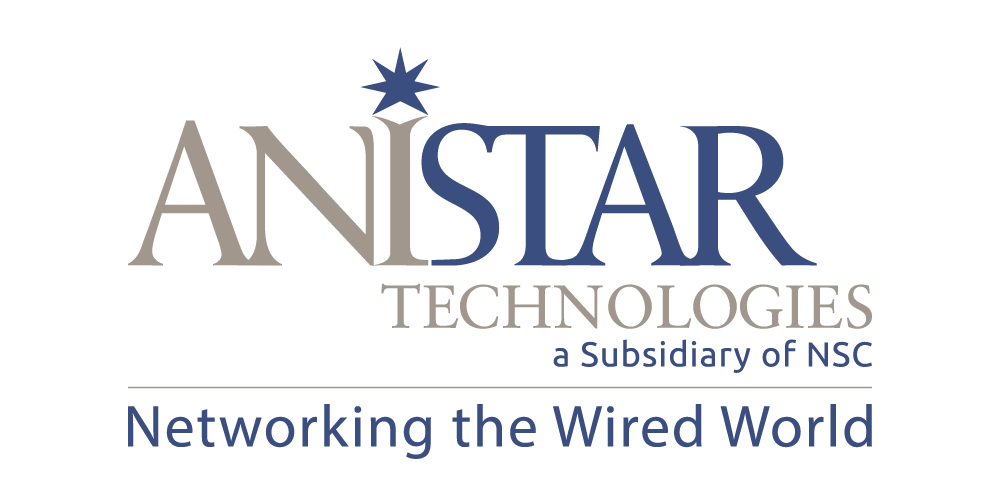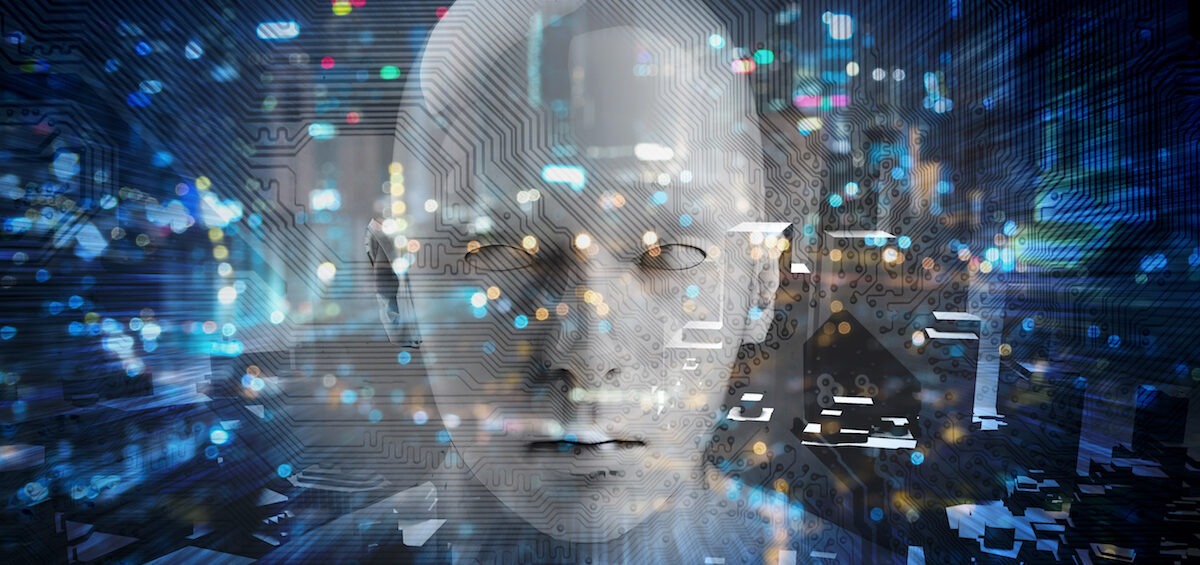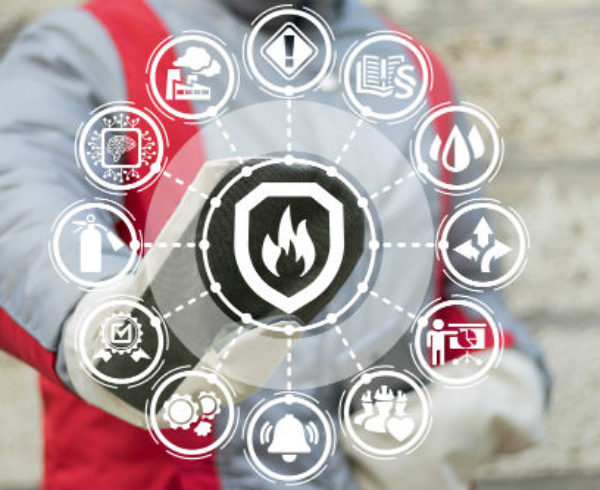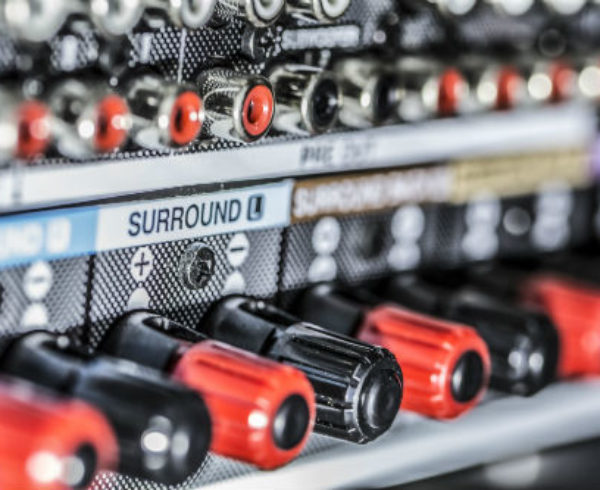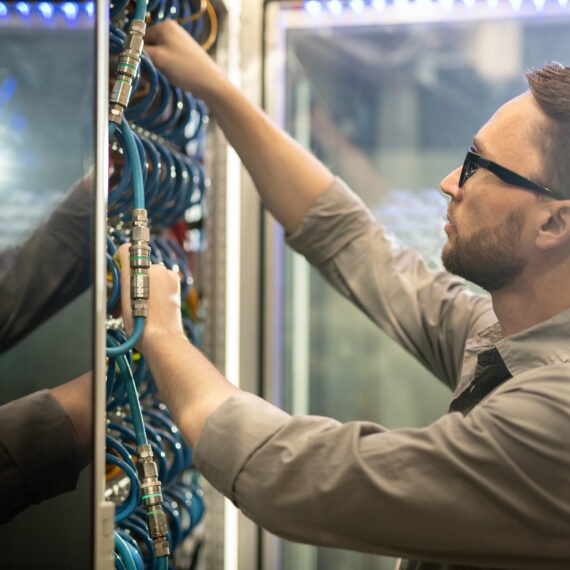In seemingly every field and every industry, artificial intelligence is impacting companies and workers alike. In many cases, automation allows faster, more efficient processes. While we may not need to fear robots replacing technicians, electricians and engineers, there is an opportunity to learn how to work alongside them to everyone’s advantage.
It’s impossible to predict exactly how AI will impact each job in the networking industry or beyond, though many have tried. Still, a lot has already changed, altering not only the skills required to succeed in this field but how recruiters source and hire professionals for these roles.
AI & Recruiting
New technology is automating a lot of the recruiting aspects of searching for and identifying quality candidates. Machine learning has the ability to improve job descriptions, review resumes and reduce human bias.
It’s also impacting the way recruiters manage and communicate with candidates. Recruiters may use management tools or databases to track and follow up with candidates. With the help of machine learning, recruiters can better assess which candidates are a good fit for a role, who is likely to respond to the offer and how quickly and even the best way to get in touch with individuals.
New Skills Needed to Succeed
The other way in which robots and machine learning are changing the networking field is by the skills required to succeed. Everyone from technicians to engineers will likely interact with AI and automation at some point. In some cases, it’s a matter of understanding the technology so you can work alongside it. In other cases, professionals will have to learn maintenance or how to use the machines to improve their processes.
While it’s true that robots replace the need for some specific, repetitive jobs, humans are still needed in other areas. Maintenance of these machines and systems, in general, is required, though it may be made easier or more efficient by AI.
Machine learning and the Internet of Things (IoT) have the ability to create, optimize and store big data. This is one field that isn’t going away or getting replaced. Those with an interest in big data analysis will have a lot to work with as these systems expand.
Similarly, security professionals are required to assess and protect against the risks brought about by increased connectivity and automation. Learn more about recent advances in security in a blog post by Ansitar’s Parker Grigsby.
There are some ways in which humans are irreplaceable. Communication and relationships are two of those areas. It’s harder to “teach” language to computers, especially when it comes to slang or visual cues. “People skills” are increasingly valuable in networking and great people skills puts some professionals ahead of others, and robots.
In what other ways have you seen AI changing the wired world? Share your thoughts on our Facebook page.
